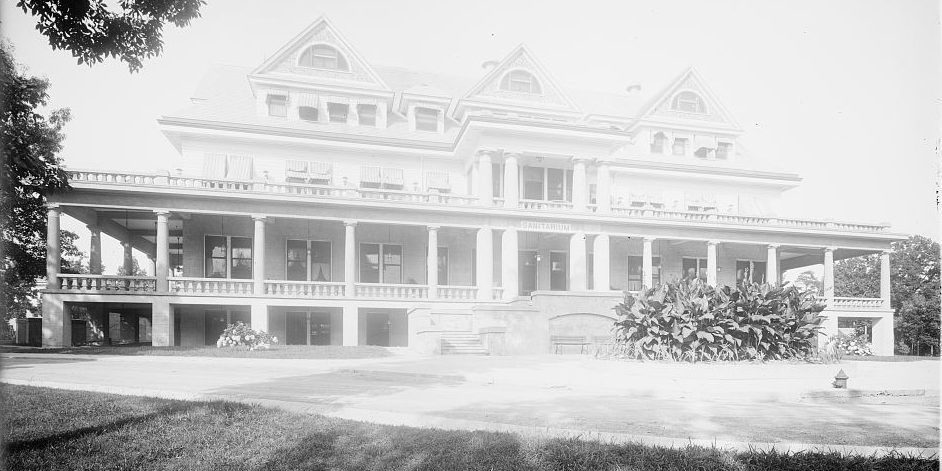
LAKE UNION--On the 75th anniversary of death of a woman whose mistreatment sparked the formation of regional conferences, a ministry is hoping to raise aware and remedy discrimination within the Seventh-day Adventist Church.
The Conscience and Justice Council comprised of public affairs and religious liberty leaders in regional conferences and universities across North America issued a proclamation declaring Oct. 30 as Lucille Byard day.
“Lucille Byard’s death reminds us that the challenges of injustice in the past are still realities for the present, both inside and outside of the church,” said Edward Woods III, Lake Region Conference Public Affairs and Religious Liberty director, who serves as the Council and Justice chairperson.
According to the account in Calvin B. Rock’s book “Protest and Progress: Black Seventh-day Adventist Leadership and the Push for Parity,” Byard traveled with her husband from New York to Maryland for treatment relating to her liver cancer. The family was drawn to the Washington Sanitarium for its holistic approach to health and wellness, and a social component where patients would socialize together. Because of the social aspect, the Sanitarium didn’t admit Blacks, although on rare occasion admitted them to an isolated section of the facility where they were treated by physicians during off-hours.
The account of what exactly happened next, whether she was turned away or told she could stay in the isolated section, is in dispute; however, this much is clear: When Byard, 66, died a month later, an uproar ensued in the African-American Adventist Community.
Her death triggered a new level of activism as never before seen. A letter from Byard’s Long Island, NY congregation was sent to the General Conference president threatening a lawsuit. One group comprised of a number of highly educated and articulate females met in the back room of a Washington, D.C. bookstore and began to organize. “They passed the hat to help on the telephone bill and began calling various persons to apprize them of their actions,” according to an account in “Protest and Progress.” Before long, the Committee for the Advancement of World-Wide Work Among Colored Seventh-day Adventists was formed, which eventually led to the creation of regional conferences throughout North America. The Lake Union was first to embrace the organization of Black churches with the organization of the Lake Region Conference, which began functioning in January 1, 1945.
It was in 2016, after a Lake Region Conference PARL event, that the Conscience and Justice Council was formed with the intent of bridging the gap between Baby Boomers and Millennials in working together on conscience and justice ministries. “Through our public affairs and religious liberty ministry, we can advocate and stand against injustice according to the Word of God,” said Woods.
Other committee members include: Cryston Josiah, Central States Conference executive secretary and PARL director; Stephen Brooks, Southwest Region executive secretary and PARL director; Mark Brown, Southeastern Conference PARL director; Byron Dulan, North Pacific Union regional representative; Preston Foster, Oakwood University professor of Political Science; Martin Lister, PARL rep-at-large; Jerome Hurst, Alleghany West PARL director; Dedrick Blue, Oakwood University dean of Theology; Lawrence Brown, Northeastern Conference PARL director; Jackson Doggette, Jr., Alleghany East PARL director; Moses Edwards, South Atlantic Conference PARL director; Auldwin Humphrey, South Central Conference PARL director; Kingsley Palmer, Pacific Union Regional representative.
Debbie Michel, Lake Union Conference associate director of Communication